Why travellers with body odour and a ‘cold stare’ face surveillance in US
‘Quiet Skies’ programme tracks plane passengers even if they are not suspected of any crime
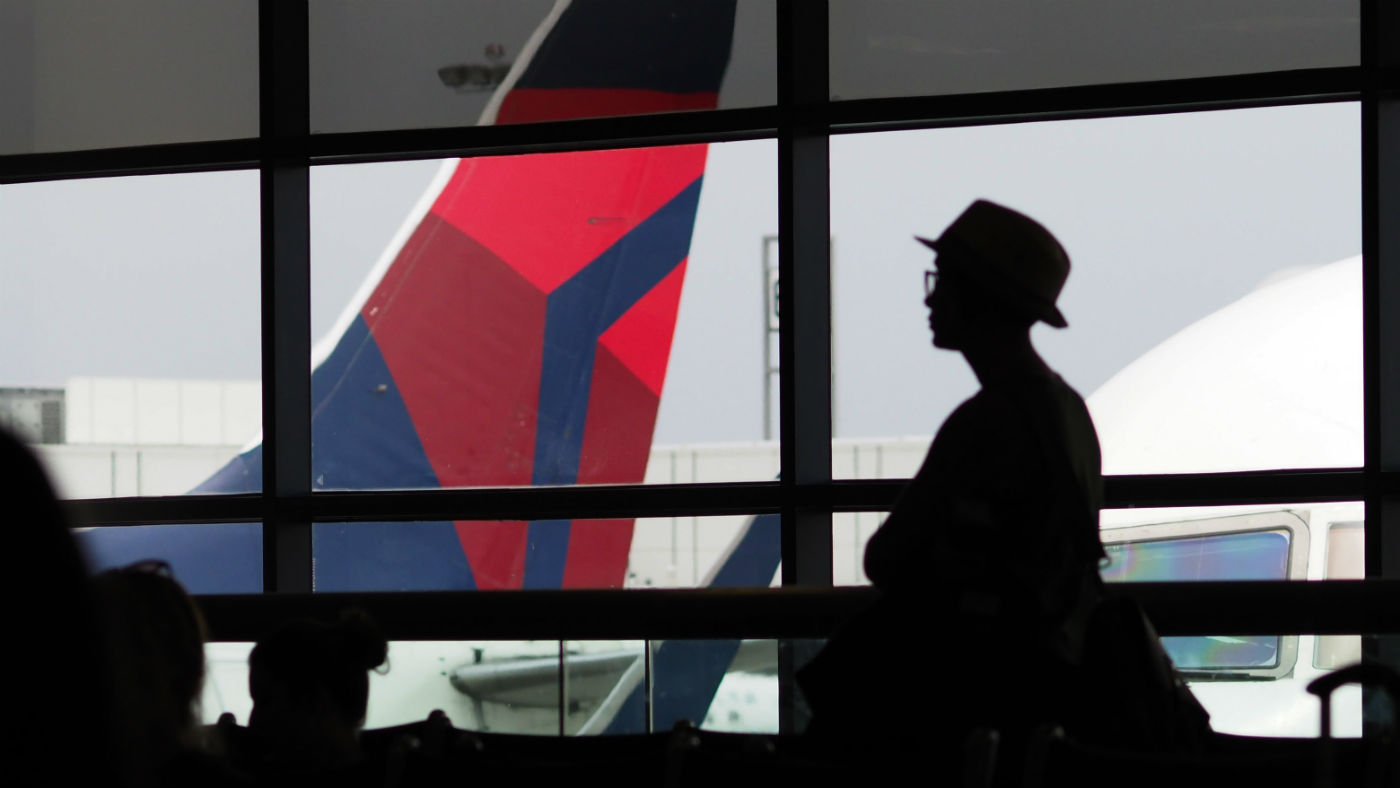
A free daily email with the biggest news stories of the day – and the best features from TheWeek.com
You are now subscribed
Your newsletter sign-up was successful
Passengers with strong body odour or a “cold penetrating stare” risk being tracked on US domestic flights, internal documents from the US Transportation Security Administration (TSA) reveal.
Thousands of Americans not suspected of any crime nor on any terrorist watchlist have been surveilled in airports and on flights by undercover federal air marshals for exhibiting what the agency deems suspicious behaviour, The Boston Globe reports.
People are watched for excessive sweating or fidgeting, wide open, staring eyes and face touching, among other behaviours, according to the leak memos.
The Week
Escape your echo chamber. Get the facts behind the news, plus analysis from multiple perspectives.

Sign up for The Week's Free Newsletters
From our morning news briefing to a weekly Good News Newsletter, get the best of The Week delivered directly to your inbox.
From our morning news briefing to a weekly Good News Newsletter, get the best of The Week delivered directly to your inbox.
“The criteria for surveillance appear fluid. Internal agency emails show some confusion about the programme’s parameters and implementation,” says the newspaper. But “all American citizens who travel back from abroad are screened for inclusion in the tracking database”.
These passengers’ travel patterns and affiliations are checked, and their names run against a terrorist watch list and other databases, according to the documents.
After someone is deemed suspicious and included for surveillance, “an air marshall is assigned to their next domestic flight to observe them”, reports The Times.
TSA employees and air marshals express doubts about the practice in the internal documents. “What we are doing is troubling and raising some serious questions as to the validity and legality of what we are doing and how we are doing it,” one air marshal wrote in a text message to colleagues.
A free daily email with the biggest news stories of the day – and the best features from TheWeek.com
Responding to the publication of the files, Michael Bilello, an assistant administrator for the TSA, said: “These programmes are not designed to observe the average American, they’re designed to protect the travelling public.”
The agency declined to say whether the Quiet Skies programme has intercepted any threats. Release of such information “would make passengers less safe”, a spokesperson said.
-
 Political cartoons for February 16
Political cartoons for February 16Cartoons Monday’s political cartoons include President's Day, a valentine from the Epstein files, and more
-
 Regent Hong Kong: a tranquil haven with a prime waterfront spot
Regent Hong Kong: a tranquil haven with a prime waterfront spotThe Week Recommends The trendy hotel recently underwent an extensive two-year revamp
-
 The problem with diagnosing profound autism
The problem with diagnosing profound autismThe Explainer Experts are reconsidering the idea of autism as a spectrum, which could impact diagnoses and policy making for the condition
-
 How the ‘British FBI’ will work
How the ‘British FBI’ will workThe Explainer New National Police Service to focus on fighting terrorism, fraud and organised crime, freeing up local forces to tackle everyday offences
-
 How the Bondi massacre unfolded
How the Bondi massacre unfoldedIn Depth Deadly terrorist attack during Hanukkah celebration in Sydney prompts review of Australia’s gun control laws and reckoning over global rise in antisemitism
-
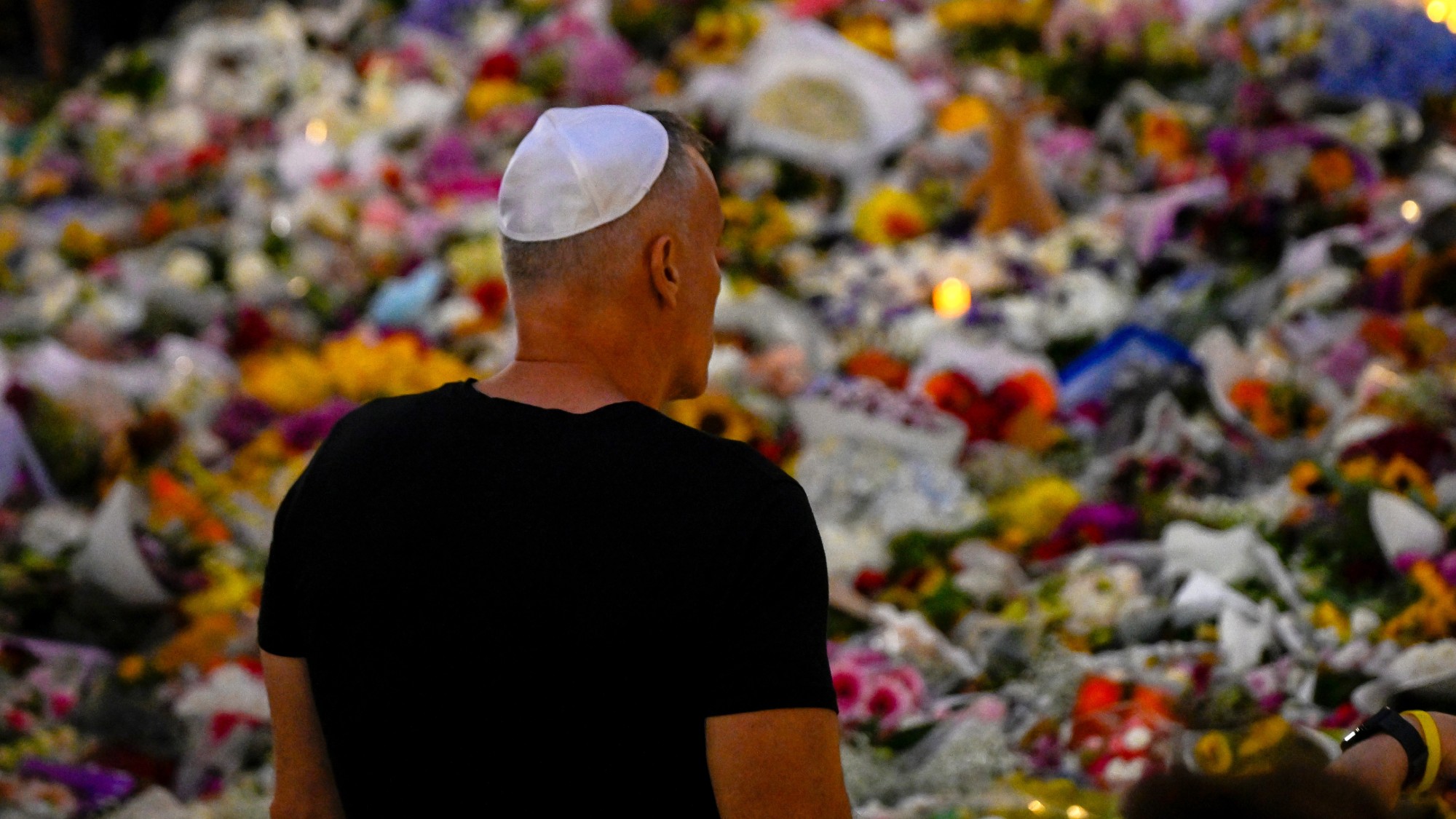 Who is fuelling the flames of antisemitism in Australia?
Who is fuelling the flames of antisemitism in Australia?Today’s Big Question Deadly Bondi Beach attack the result of ‘permissive environment’ where warning signs were ‘too often left unchecked’
-
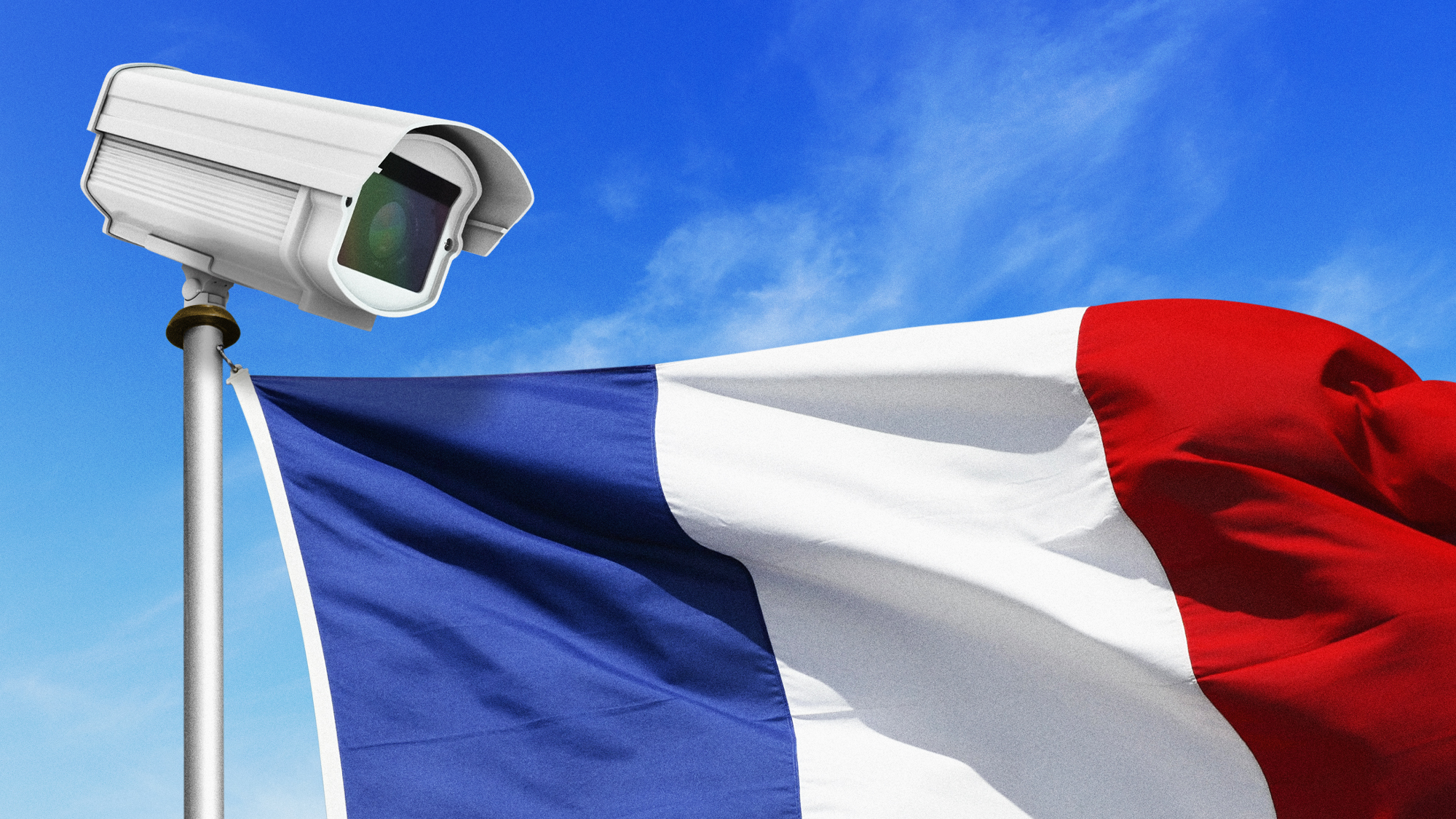 Ten years after Bataclan: how has France changed?
Ten years after Bataclan: how has France changed?Today's Big Question ‘Act of war’ by Islamist terrorists was a ‘shockingly direct challenge’ to Western morality
-
 Arsonist who attacked Shapiro gets 25-50 years
Arsonist who attacked Shapiro gets 25-50 yearsSpeed Read Cody Balmer broke into the Pennsylvania governor’s mansion and tried to burn it down
-
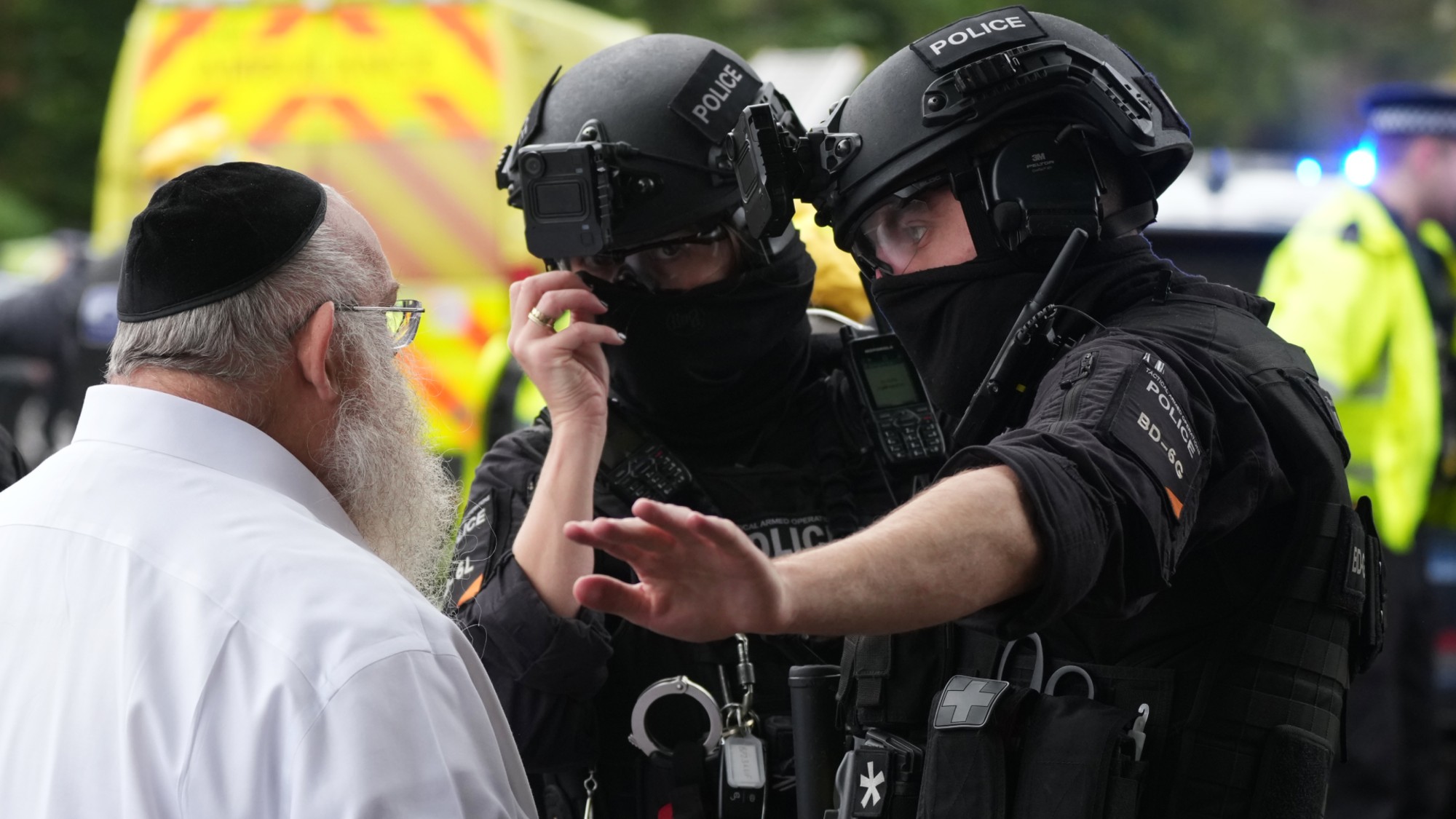 Manchester synagogue attack: what do we know?
Manchester synagogue attack: what do we know?Today’s Big Question Two dead after car and stabbing attack on holiest day in Jewish year
-
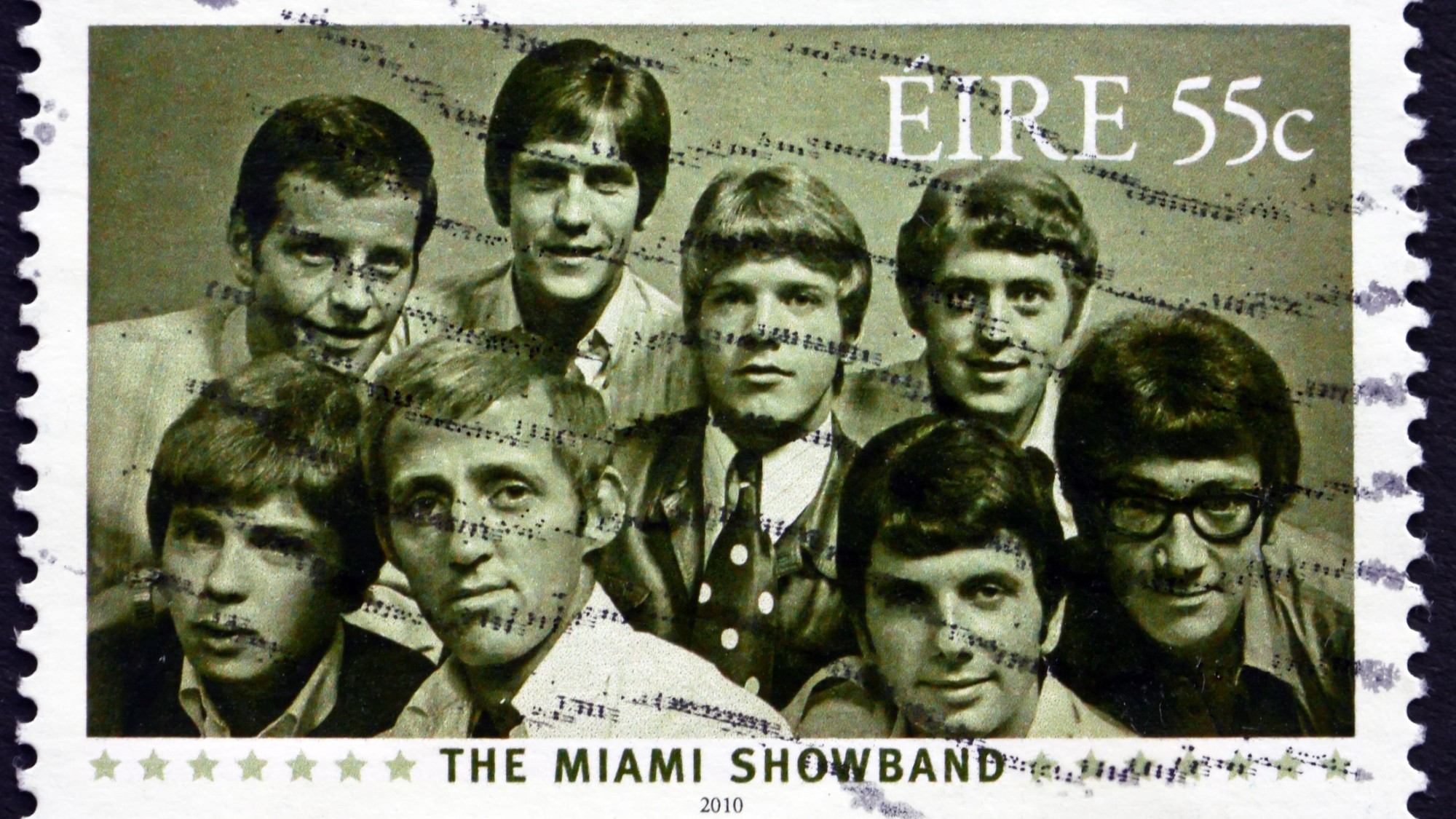 The Miami Showband massacre, 50 years on
The Miami Showband massacre, 50 years onThe Explainer Unanswered questions remain over Troubles terror attack that killed three members of one of Ireland's most popular music acts
-
 The failed bombings of 21/7
The failed bombings of 21/7The Explainer The unsuccessful attacks 'unnerved' London and led to a tragic mistake